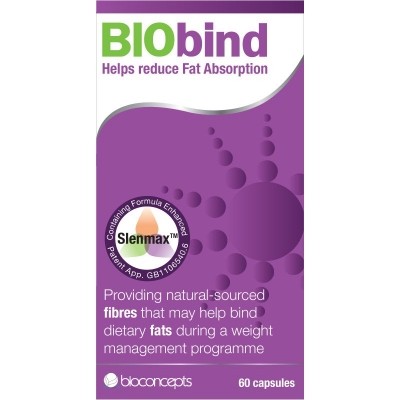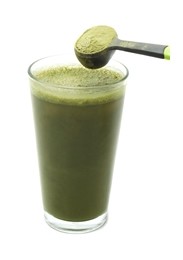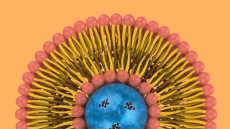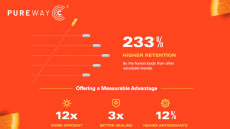Birds Eye attacks ‘ridiculous’ ASA vitamin ruling
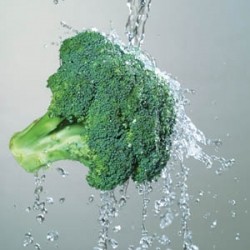
The ASA upheld objections to a poster and national press advert published by the food giant in March and April this year, featuring a toy bear seated next to a pack of broccoli florets.
Although the poster advert was subtly different from the press advert, the core text relevant to the adjudication was consistent. Accompanying text in the press advert read: “30% more vitamins than fresh vegetables.* Pretty impressive huh?”
Text on the side of the advert referred readers to DJ Favell's 1998 study on Vitamin C levels in vegetables stored differently,and text at the bottom said: “Our vegetables are picked and frozen within hours, so they retain more vitamins than fresh vegetables.”
Five parties challenged the 30% claim as misleading and questioned its basis. Four said the vitamin claim misled consumers by implying that Birds Eye’s freezing process boosted vitamin content.
Upholding the first set of complaints, the ASA noted Birds Eye’s reliance on the Favell study as proof of Vitamin C content. This examined Vitamin C levels over 21 days in carrots, broccoli and peas kept frozen, chilled or stored in ambient conditions.
Different retention rates
But the watchdog said it had not seen evidence showing that if the vitamin was present at each study testing point, others would also be straight after harvesting, and retained at the same rate as Vitamin C.
“We considered that, for vitamins that were less vulnerable to chemical oxidation and less water soluble than Vitamin C, the retention rate in fresh vegetables could be greater than that for Vitamin C,” the ASA said.
“Therefore, the percentage difference between frozen and fresh vegetables in relation to other vitamins could be less than the 30% claimed.”
The ASA considered that small print reference to Vitamin C alone to be insufficient. “We considered the [30%] claim was likely to be interpreted as referring to all vitamins,” it said.
The 30% assertion was also forbidden a ‘comparative nutrition claim’ under EC Regulation 1924/2006, said the ASA.
Under the regulation, food compared to an advertised product must be of the same category, and not have a composition allowing it to bear such a claim.
The watchdog added that the adverts did not clarify the basis for the 30% comparison in regard to storage method, timeframe or consumption method. “We considered the claim to be absolute and that it was likely to be interpreted as suggesting that fresh vegetables always had 30% less vitamins than their frozen equivalent,” it said.
Ruling 'beggars belief'
But a Birds Eye spokeswoman told FoodManufacture.co.uk that the ruling was “ridiculous” and that the firm would seek advice from the UK Department of Health (DH).
“We…have asked them to examine the ASA’s guidelines in order to understand how we can continue to educate consumers on this issue,” she said.
“The aim of this advert was to help consumers understand the differences between fresh and frozen and, in particular, how the process of freezing vegetables shortly after picking helps them to retain more vitamins, unlike their fresh equivalents,” she added.
“We believe this is a point of public interest and benefit, and stand by our research which is founded in scientific study."
Birds Eye said it had commissioned the Institute of Food Research (IFR) to conduct a full peer-to-peer review of journal articles from 2005 onwards, to both confirm Favell’s findings and ensure their continued relevance.
British Frozen Food Federation (BFFF) director general, Brian Young, told FoodManufacture.co.uk: “We are dismayed at the ruling, as it beggars believe that we can't compare fresh with frozen,” Young said.
“There is bundles of evidence over 50 plus years showing indisputably that frozen [food] is as good, and in many cases more nutritious than fresh,” he added.
